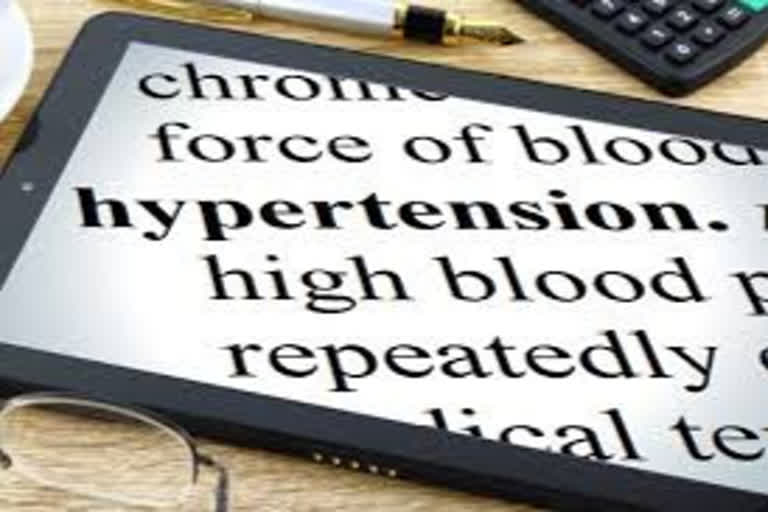Hyderabad: Every year World Hypertension Day is observed on May 17 in a bid to promote public awareness of hypertension and to encourage citizens of all countries to prevent and control this silent killer, the modern epidemic.
The World Hypertension Day was first inaugurated in May 2005 and has become an annual event ever since.
Since its inception, a theme is assigned to the day, with this year’s theme being “Know Your Numbers” with a goal to raise awareness on the importance of measuring periodic blood pressure, and knowing its normal levels.
What is Hypertension?
Hypertension - or elevated blood pressure - is a serious medical condition that significantly increases the risk of heart attack, stroke, kidney failure and blindness, as described by the World Health Organisation (WHO).
It is one of the leading causes of premature death worldwide.
Of the estimated 1.13 billion people who have hypertension, fewer than 1 in 5 have it under control. The main contributors to the rise in hypertension are unhealthy diets, physical inactivity and the consumption of alcohol and tobacco.
To achieve the global target to reduce the prevalence of hypertension by 25% by 2025, WHO and the United States Centers for Disease Control and Prevention launched the Global Hearts Initiative in 2016.
Plausible causes of Hypertension
As pert a WHO study, the modifiable risk factors for hypertension include unhealthy diets such as consumption of excessive salt, a diet high in saturated fat and trans fats, low intake of fruits and vegetables, physical inactivity, consumption of tobacco and alcohol, and being overweight or obese.
Also read: 11-year-old ferries ailing father on trolley-rickshaw amid lockdown
Non-modifiable risk factors include a family history of hypertension, age over 65 years and co-existing diseases such as diabetes or kidney disease.
Symptoms
Hypertension is called a "silent killer".
Most people with hypertension are unaware of the problem because it may have no warning signs or symptoms. For this reason, it is essential that blood pressure is measured regularly, says WHO.
When symptoms do occur, they can include early morning headaches, nosebleeds, irregular heart rhythms, vision changes, and buzzing in the ears. Severe hypertension can cause fatigue, nausea, vomiting, confusion, anxiety, chest pain, and muscle tremors.
The only way to detect hypertension is to have a health professional measure blood pressure. Having blood pressure measured is quick and painless. Individuals can also measure their own blood pressure using automated devices, however, an evaluation by a health professional is important for the assessment of risk and associated conditions.
Precautionary measures
Prevention:
- Reducing salt intake (to less than 5g daily)
- Eating more fruit and vegetables
- Being physically active on a regular basis
- Avoiding the use of tobacco
- Reducing alcohol consumption
- Limiting the intake of foods high in saturated fats
- Eliminating/reducing trans fats in the diet
Management
- Reducing and managing mental stress
- Regularly checking blood pressure
- Treating high blood pressure
- Managing other medical conditions



